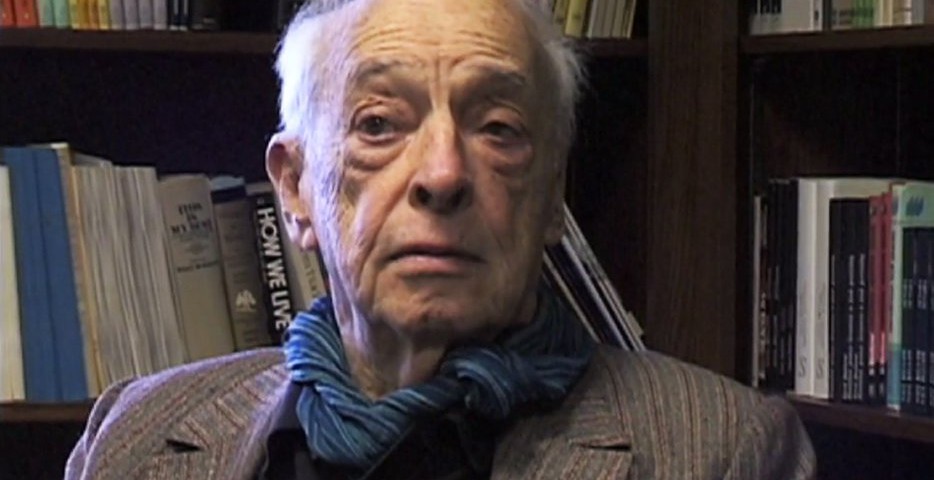Chicagoan Harry Trellman, the story’s narrator, is a semi- retired importer whose cautious demeanor and unusual physiognomy (he describes his countenance as “Chinese-looking”) have made him a kind of outsider–from the centers of financial power and also from the satisfactions of romantic love. A “first-class noticer,” Harry is appropriated as an advisor by elderly Sigmund Adletsky, trillionaire hotel magnate, and, as a chance by-product of joining Adletsky’s “brain trust,” Harry is reunited with Amy Wustrin, the woman he’d loved decades ago, and with the bittersweet memory of Amy’s late husband and his old pal, faithless, freewheeling Jay (“If being sexual was like being drunk, Jay was something like a drunken driver”). Bellow expertly tangles these characters’ lives together: Amy, an interior decorator, is hired to assess the value of furnishings in a luxury apartment the Adletskys covet–owned by Bodo Heisinger, whose wife Madge was convicted and imprisoned for hiring a hit man to kill Bodo, who nevertheless continued to adore her and secured her release. Though Harry thinks he’s separated, by looks and lifestyle, from this melodramatic human muddle (“I see myself taking pleasure in these assorted people, their motives, their behavior”), he learns he’s one of them–a perception emphatically confirmed by a cliffhanger ending recalling that of Bellow’s great short novel Seize the Day.
The working-out of these intricate plotlines is rather perfunctory, and a few redundancies have escaped editing, but the writing is sharp, and we’re absorbed by the personalities of several vividly sketched characters, especially Harry, one of Bellow’s most engaging everymen. Like Augie March, Harry Trellman chooses life; like Tommy Wilhelm (of Seize the Day), he’s shaped and driven not by intellectual or social imperatives, but by the insistent proddings of “the heart’s ultimate need.”

